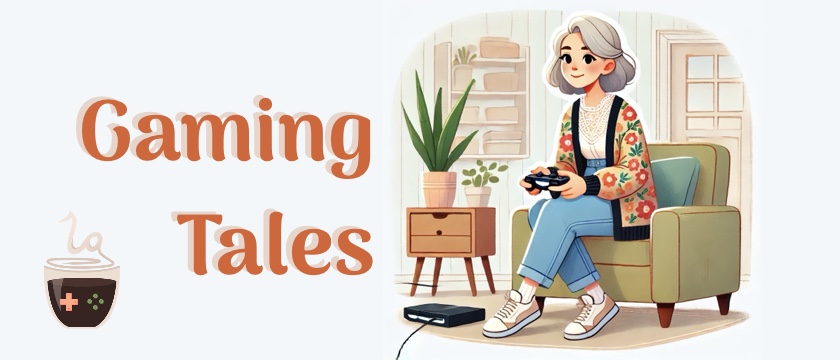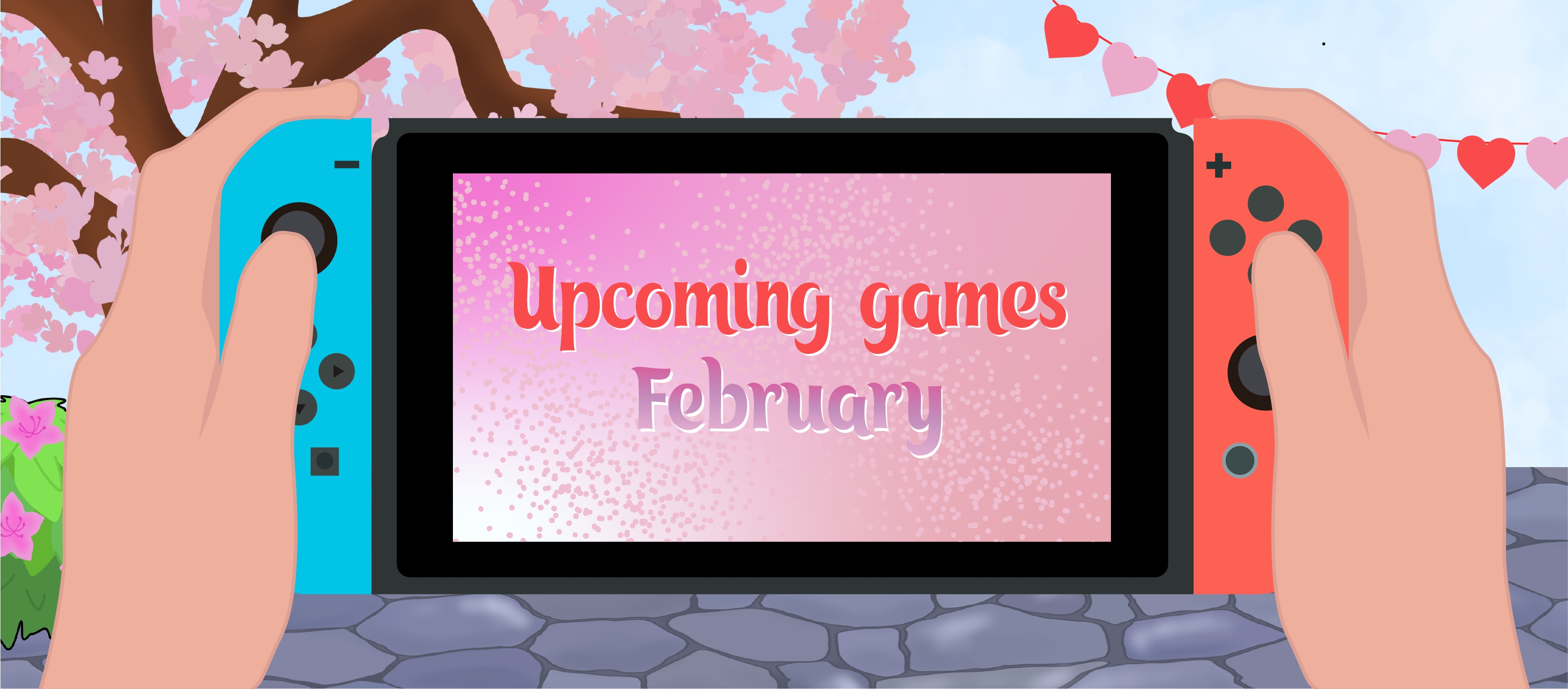Yesterday news coverage here in the Netherlands caught my attention. The World Health Organization, the health arm of the United Nations, has included a recognition of gaming addiction in their newest internal classification of diseases revision. That classification is due out in 2018, and it indicates that if you prioritize gaming above all else in your life, then this is an indication of an addiction.
When the behavior pattern is so focused on playing video games that you don’t function anymore in personal life it is an indication you are indeed addicted. You know that’s the case when it interferes in the interaction with your family and friend or you don’t function anymore in your work, education or social circles.
The current WHO draft reads. “The gaming behavior and other features are normally evident over a period of at least 12 months in order for a diagnosis to be assigned, although the required duration may be shortened if all diagnostic requirements are met and symptoms are severe.” Official recognition means that it’s likely official diagnoses are likely not far down the line.
I’m pretty sure that when I see my 84-year old mom tomorrow that she will mention this. Even though she is handicapped in her daily movements, her mind is still as sharp as it used to be, and she follows all news closely. She’s always telling me that I’m addicted to my games, even though I explain that looking at the hours spent gaming in a week, it’s not as much as you would think.
Looking back at 2017 I checked the gaming logs: on the 3DS, the Vita and the Switch, though the hours played on the Switch aren’t very accurate. I showed her last year’s tally: I spent a little over 200 hours in games, though that’s not counting mobile games as I have no way of checking that. Still, not as much as I thought, we’re talking about 4 hours a week. That’s much less than most people spend slouching on the couch watching the telly!
I’m not making light of gaming addiction, mind you. I saw the examples in the news coverage of people who sit at their screen for days and weeks on end, ignoring everything around them. And it doesn’t just affect young adolescents, smartphone gaming is accessible for everyone, which means no one is immune. Excess is never good, in any situation.
But I still want to highlight the positive too. There’s something so powerful about this hobby, that connects people who don’t know each other and most probably never will. I still remember the days when the lawn in our local park was filled with people trying to catch Pokémon. There was a holiday vibe in the air, people enthused by a common interest.
This morning I went about my daily commute, first the bus to the train station and then the train to Utrecht. In the bus I tend to check my mail and play some Pocket Camp, normally I don’t really look around me. This time though I looked up and saw a girl across the aisle, looking at me. She gave me a conspiratory nod and briefly showed her smartphone screen: even from the distance I recognized Pocket Camp. We both smiled and resumed our play.
And that, my friend, is the positive side of playing video games!





Aw, that’s a sweet story. Several of my co-workers love videogames, I only wish I was as good at bonding over games with them as you with that young lady! I’m far too awkward discussing games.
200 hours of games per year is really not a lot. As you say, if you compare with non-gamers’ TV usage that’s likely very little. In fact it’s helpful to use the TV comparison when thinking about addiction. For someone who comes home from work and watches TV most evenings, no one would say they were addicted. Only if someone is completely unable to manage/balance their life, such as refusing to go to work or school because they feel the need to play games or watch TV all day – then there may be a case! Just my two cents.
I couldn’t agree more. I know when you can’t balance the combination of real life and Gaming anymore, that’s a real addiction. But somehow people who don’t play games sometimes view it as the devils evil!
That’s a great story.
But yeah, gaming – like everything else in life – has both a good and a bad side, and its bad side shows up when there is excess. I think that it’s great that gaming addiction has been recognized. If anything, it will increase awareness and research to treat it and prevent it.
And I do think the gaming isn’t the only problem in such a persons life, so it’s great that it’s recognized. It will make sure they get help.
I kind of wish that the WHO hadn’t done this, because if gives more ammunition to people who bash gaming. At the end of the day anything that is fun/pleasurable has the danger of becoming addictive. Given the choice I’d rather be hooked on games rather than drugs, cigarettes or booze.
True. The fact that it can also be a fun hobby isn’t highlighted enough, this will bring the negative to attention again.
Anything can be bad in excess! I think most of us have boundaries, though, and we use gaming as a way to wind down our day and take our minds off of everything. Whether we do that for a few minutes or a few hours a day, as long as we aren’t ignoring our responsibilities, I don’t see the harm in gaming.
I totally agree!